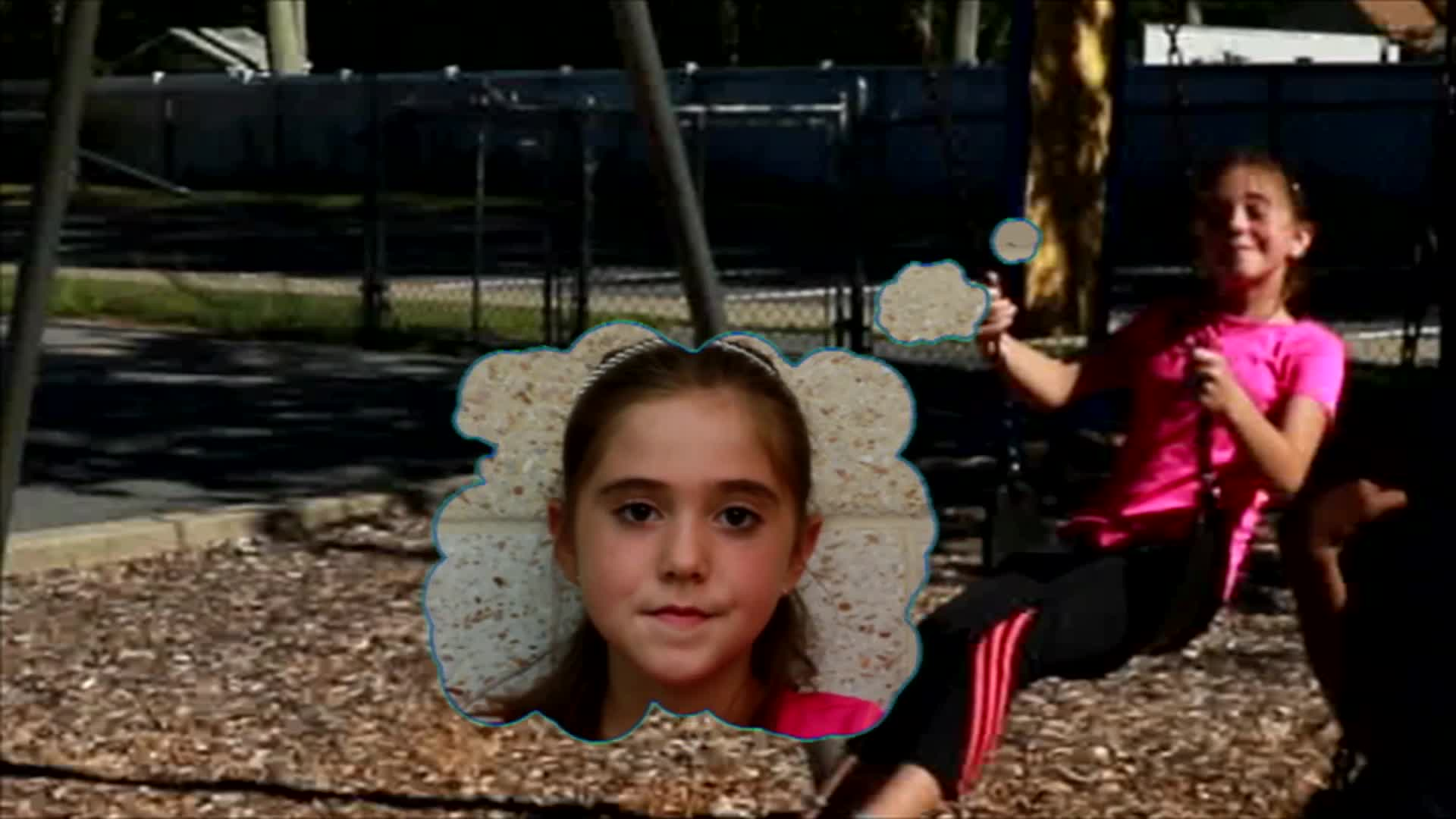
Introduction
As educators, it’s important to teach students about the value of fairness in friendships. Being fair means treating people the same way we would want to be treated, regardless of the circumstances. In this blog post, we will explore an easy-to-implement, no-prep activity that encourages students to reflect on fairness in friendships. We will also provide discussion questions and related skills for students to further develop their understanding of fairness.
No-Prep Activity
For this no-prep activity, begin by sharing the following scenario with your students:
Andrew has been waiting patiently for his turn on the swing. As soon as the swing becomes available, Julie rushes over and takes the swing without considering Andrew. He feels upset and thinks that Julie’s actions were not fair.
Ask your students to think about how they would feel in Andrew’s situation and what they believe would be a fair solution. After giving them a few minutes to reflect, have a group discussion about their thoughts and ideas. This activity encourages students to put themselves in someone else’s shoes and consider the importance of fairness in friendships.
Discussion Questions
- What could Julie have done differently to ensure that she was treating Andrew fairly?
- How do you think Julie would feel if she were in Andrew’s position? How would she want to be treated?
- Why is it important to treat our friends fairly?
- Can you think of a time when you were treated unfairly by a friend? How did it make you feel?
- What are some ways that you can show fairness to your friends in everyday situations?
Related Skills
Teaching fairness in friendships is an important aspect of social-emotional learning. However, there are other related skills that students can benefit from developing:
- Empathy: Understanding and sharing the feelings of others can help students treat their friends fairly.
- Active Listening: Paying close attention to what others are saying can help students identify when they need to be fair in their actions.
- Conflict Resolution: Being able to resolve conflicts in a fair and respectful manner is crucial for maintaining healthy friendships.
- Communication: Expressing thoughts and feelings clearly can help students better understand the importance of fairness in their relationships.
Next Steps
Now that you have a better understanding of how to teach fairness in friendships, we encourage you to explore additional social-emotional learning resources. You can access free samples of skill-building materials by signing up at Everyday Speech. These resources can help you further support your students in developing the skills they need to form and maintain healthy, fair, and respectful friendships.

